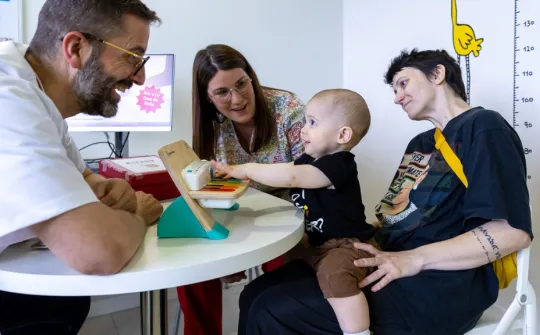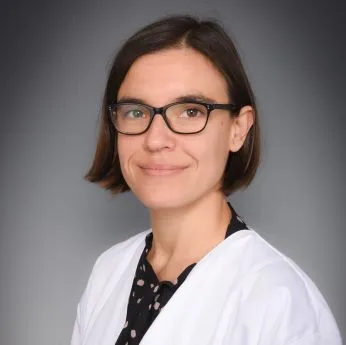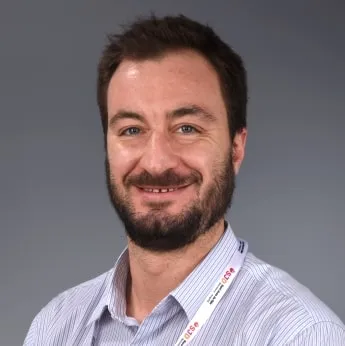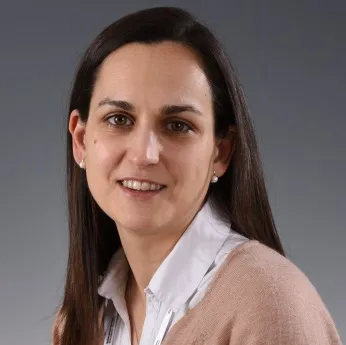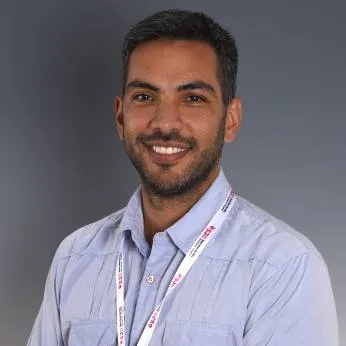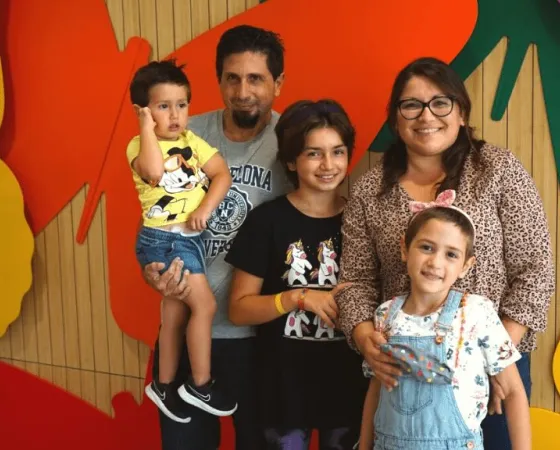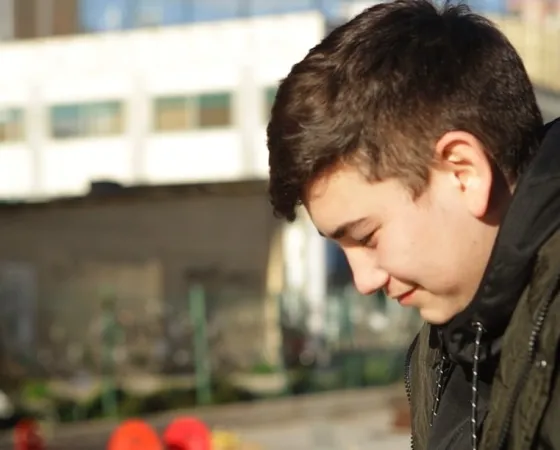Personalised therapies such as CAR-T allow the specific case of each patient with leukaemia to be treated.
What is CAR-T 19 immunotherapy
CAR-T 19 is a treatment based on the use of the patient’s own cells to destroy leukaemic cells. It is a new therapeutic paradigm that allows the personalisation of treatment against acute lymphoblastic leukaemia (ALL), the most common type of cancer among children which affects 4 in every 100,000 in Spain. The SJD Barcelona Children’s Hospital is the first paediatric centre in Spain authorised to offer this therapy, with which it treated more than 40 patients between 2016 and 2020.
CAR-T (Chimeric Antigen Receptor T-Cell) cell therapy consists in extracting T cells from the patient (cells from the immune system) by apheresis, a technique which allows the separation of the components of the blood, obtaining a determined quantity of lymphocytes. These are subsequently modified so that they recognise and attack the tumour cells, and they are then transferred back to the patient’s body so that, after being reprogrammed, they can recognise, attack and destroy the cancer cells.
Both the leukaemias and lymphomas that are produced by an alteration or malignisation of the B cells, have in common that they express a protein or antigen on their surface, called CD-19. When a cancer occurs, the lymphocytes cannot recognise the antigen and, therefore, cannot attack or stop the replication of cancer cells. Thanks to genetic engineering, it is now possible to reprogram lymphocytes and introduce genetic information so that, on their surface, these cells express the chimeric receptor or CAR-T that will recognise the tumour antigen (CD19) and destroy the malignant cells.
CAR-T cells: the convergence of three advanced therapies
CAR-T 19 combines three types of advanced therapy: cell therapy, immunotherapy and gene therapy. It is considered a cell therapy as it is not a drug, but a “live” medication that is infused into the patient. It is also an immunotherapy, as the cells from the child or the adolescent’s own immune system are those that are going to fight the cancer cells. And thirdly, it is a gene therapy (one of the first approved by the FDA) as the lymphocytes are genetically modified to fight the disease.
For which patients it is indicated
This therapy is currently indicated for paediatric patients and young adults up to 25 years of age with refractory B-cell acute lymphoblastic leukaemia (ALL) who have a poor prognosis.
CAR-T 19 therapy is indicated for leukaemia patients who have suffered at least one relapse after a transplant, or a second or third relapse with other therapies.
These are generally patients who do not respond to treatment and who have no curative options with conventional treatments (chemotherapy and bone marrow transplant).
Phases of treatment with CAR-T 19
- Apheresis: During the patient’s hospital stay, white blood cells, including the T cells, are extracted by means of a collection system (leukapheresis). These cells are sent for modification and subsequent cryopreservation.
- Cell reprogramming: The cells (T-lymphocytes) are genetically modified to recognise cancer cells, as well as other cells that express the specific antigen that is to be destroyed. The process is carried out in Barcelona, in other centres in Europe, and in the USA.
- Expansion: Modified T-cells are multiplied, frozen and, after passing a strict quality control process, sent to the hospital where the patient is.
- Patient preparation: Prior chemotherapy is administered to the patient to prevent possible rejection of the organism and to allow CAR-T cells to graft and proliferate. The ultimate goal is to help the body accept the reprogrammed CAR-T cells.
- Infusion: The modified T-cells are administered by an intravenous infusion, similar to a transfusion.
- Attack of the cells: If the treatment evolves as expected, once inside the patient’s blood, the concentrated infusion of CAR-T cells attacks the B cells and begins to eradicate cancer cells.
- Monitoring: Between 30 and 40% of treated patients may suffer from adverse effects. In some cases these are not serious, but, in others, they require attention in the Paediatric Intensive Care Unit, prepared to attend to the specific clinical situation
Monitoring and results
The results, already published in scientific journals, suggest that more than 80% of children and adolescents who have received this new therapy, have gone into remission in the first three months of treatment.
Our outcomes
Patients infused between 2016 and 2021
Cases responded to the treatment
Surviving patients after 2 years
Patients disease-free after 2 years
Our professionals


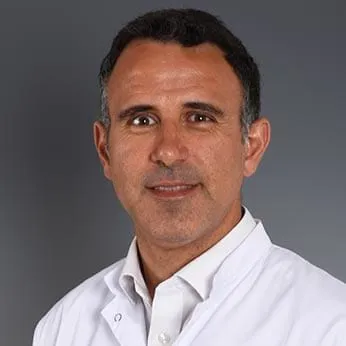
- Oncology: Anna Alonso Saladrigues, Anna Faura Morros.
- Blood Bank and Apheresis Unit: Enric Garcia Rey.
- Clinical Trials and Research Unit: Joana Claverol Torres, Cristina Llanos Principe.
Accumulated experience in clinical trials and treatments
Specialised in paediatric patients, the SJD Barcelona Children’s Hospital is the first Spanish Children’s Hospital to be internationally accredited to perform this treatment in patients for whom it is indicated. This centre is the only one in the country that has participated in the previous clinical trials with paediatric patients, and is the one which has contributed the most patients (27 since 2016).
Until the summer of 2018, CAR-T was only available for patients in Europe through clinical trials. This treatment has recently been authorised by the European Medicines Agency (EMA) and approved for healthcare use, so its use is now possible on prescription and not only in the framework of clinical trials.
SJD Barcelona Children’s Hospital has also passed the inspection of the US Food and Drug Administration (FDA) to be able to perform this treatment, thanks to its extensive multidisciplinary team and the equipment and technology available (Apheresis Unit, Haematopoietic Stem Cell Transplantation Unit and Paediatric Intensive Care Unit, among others).
